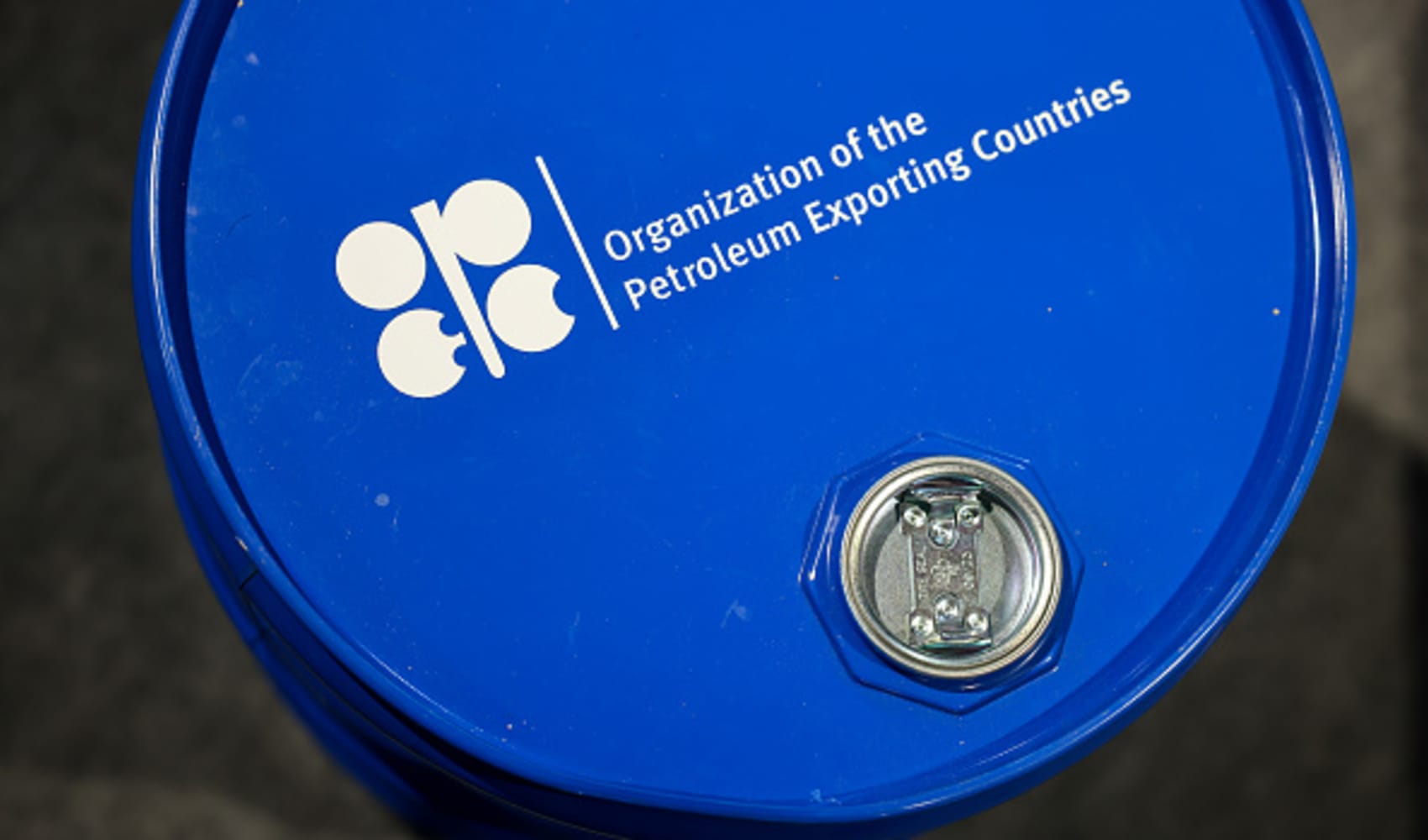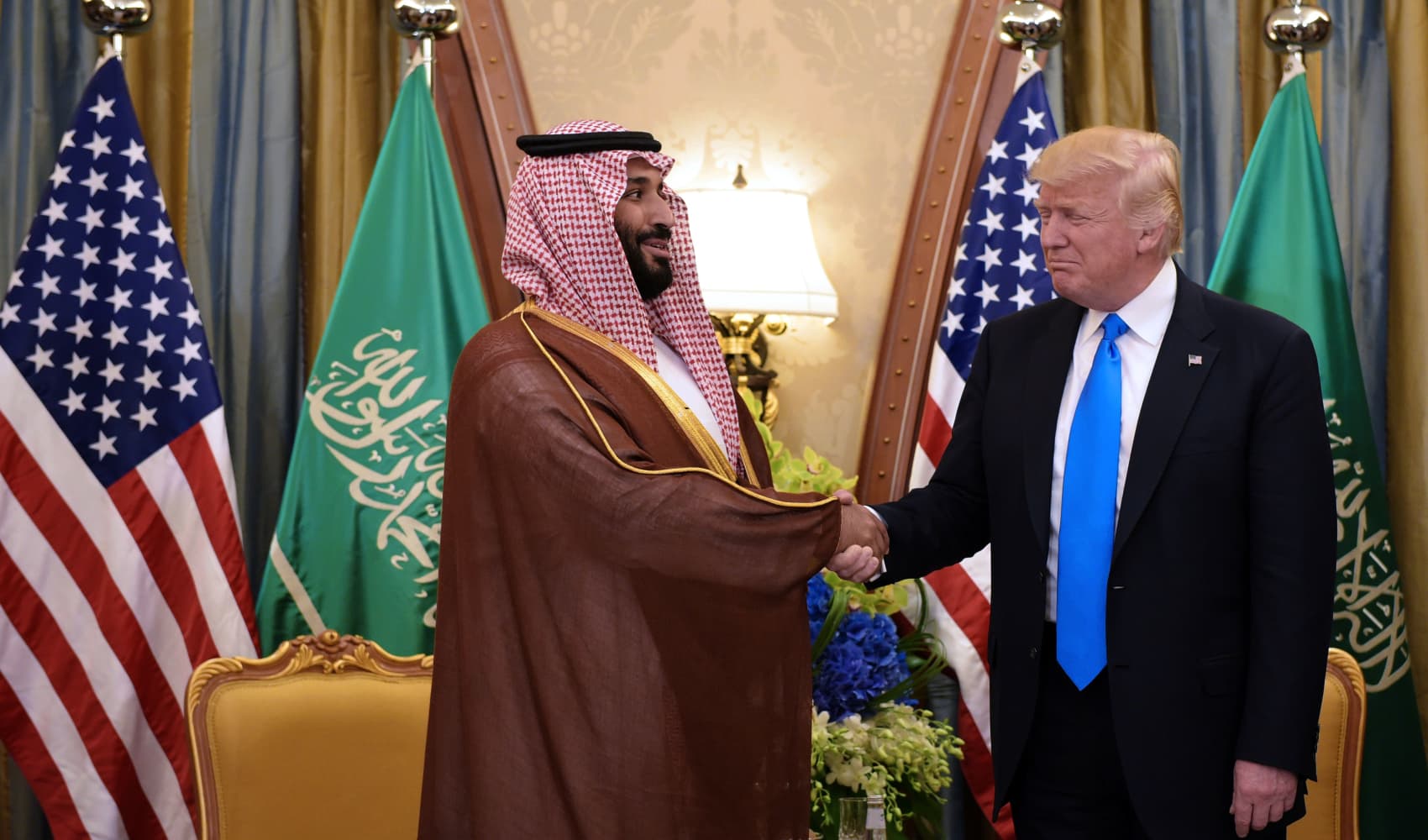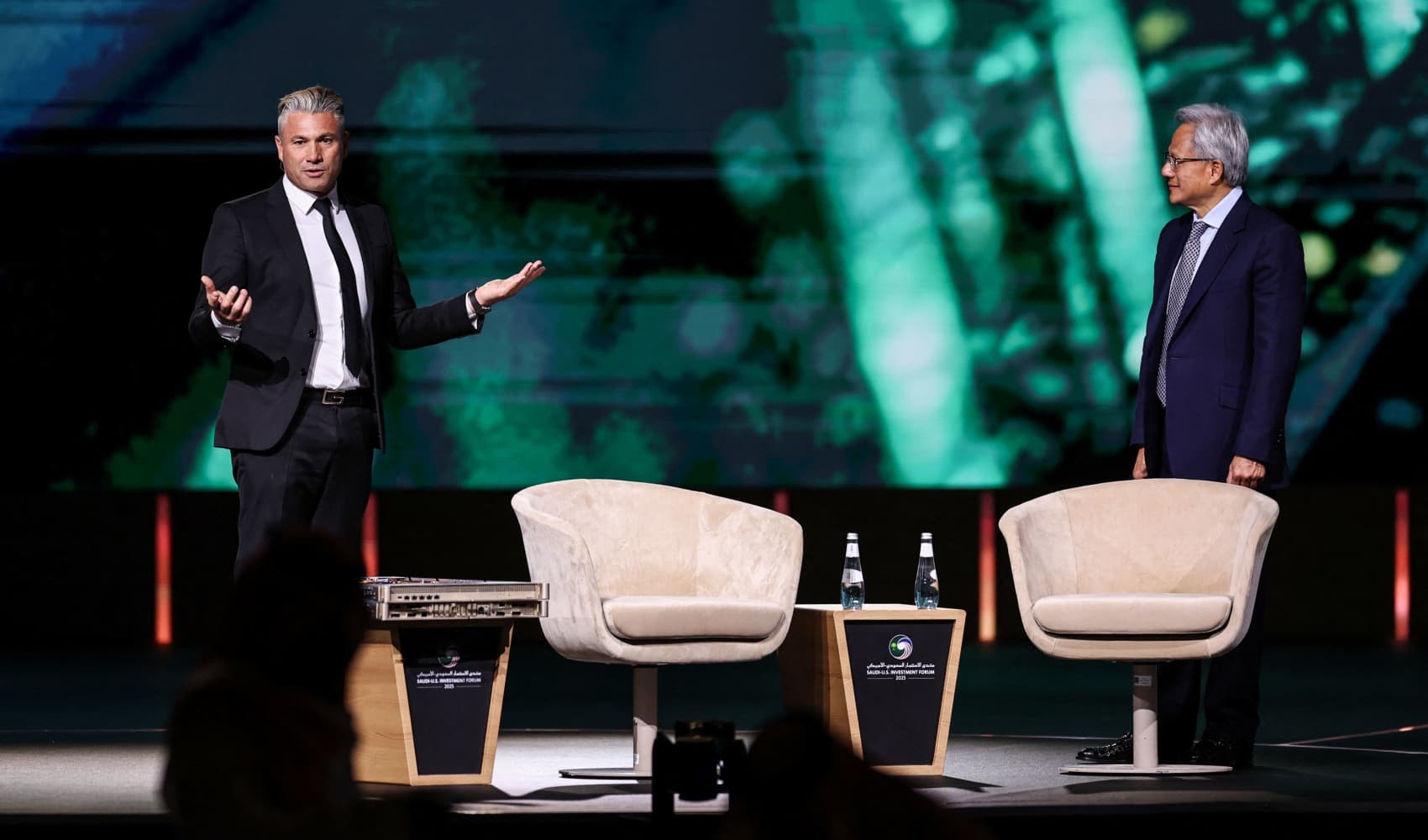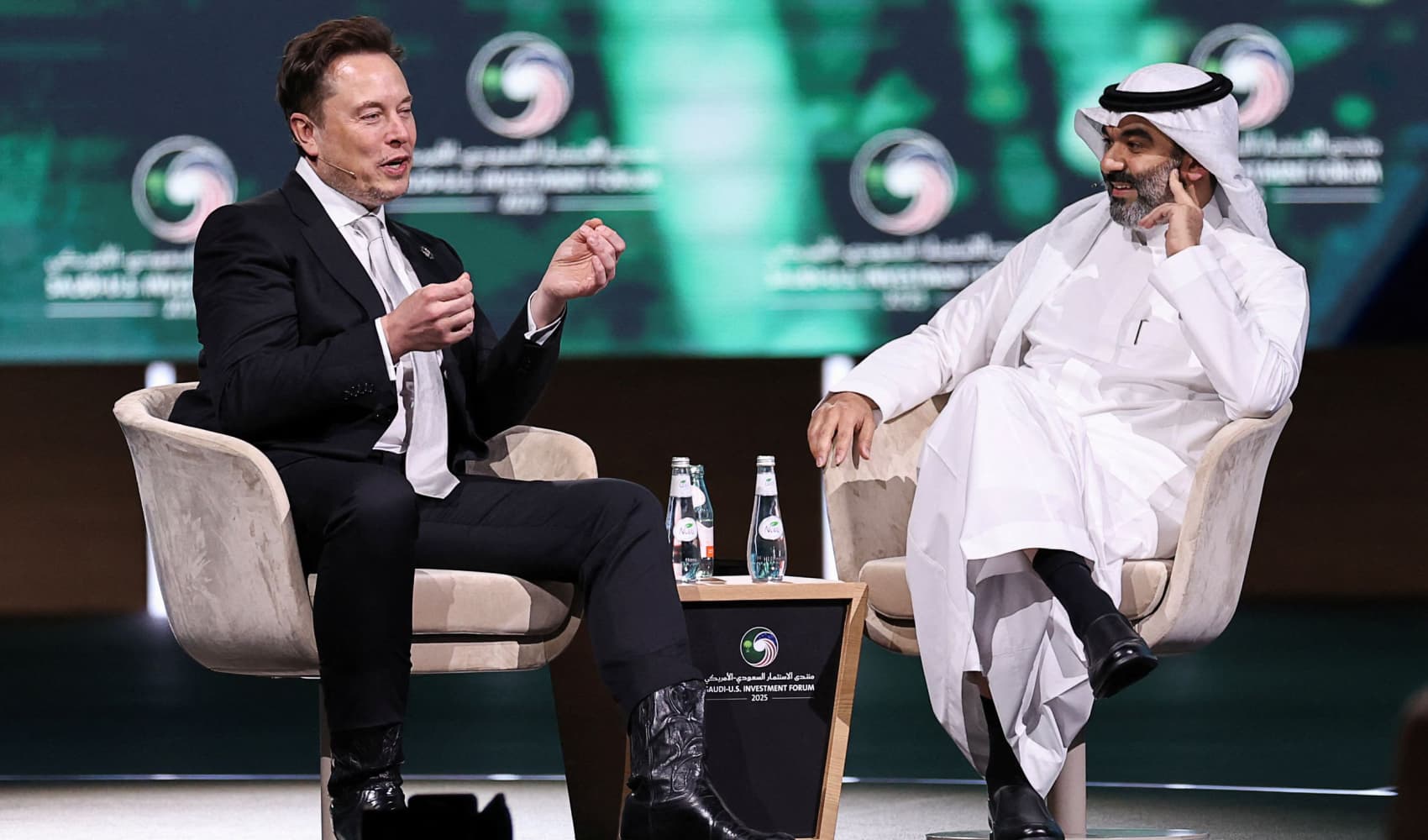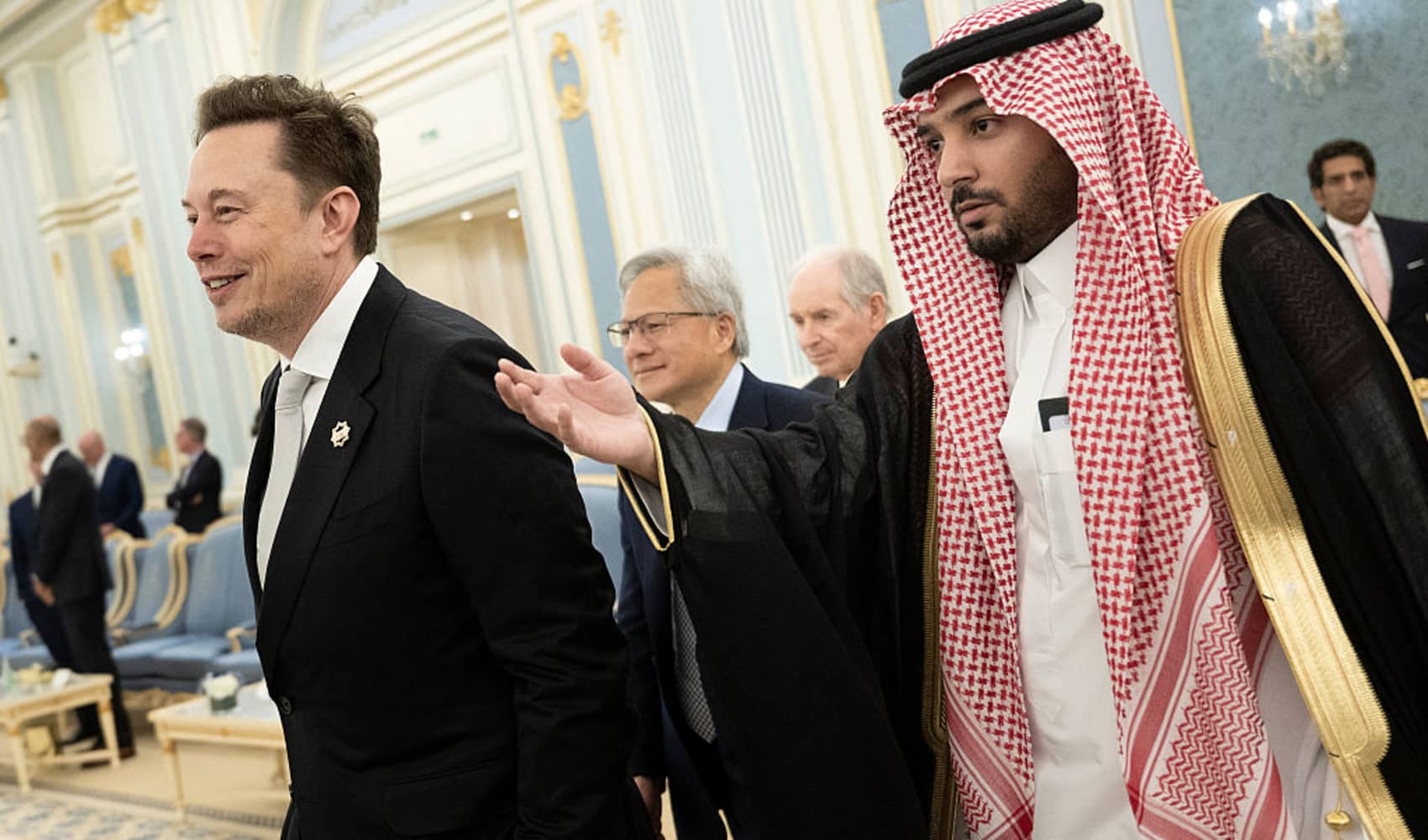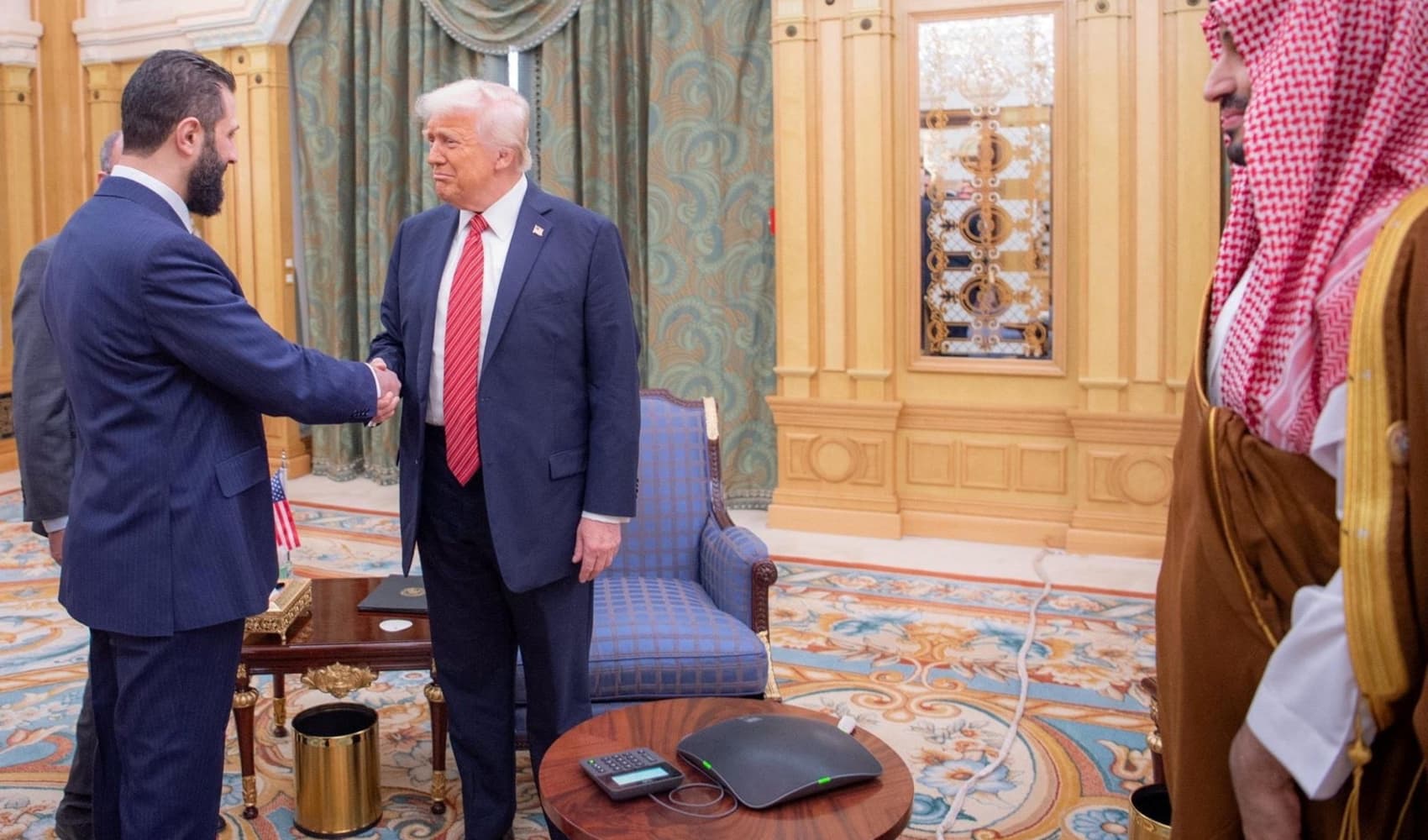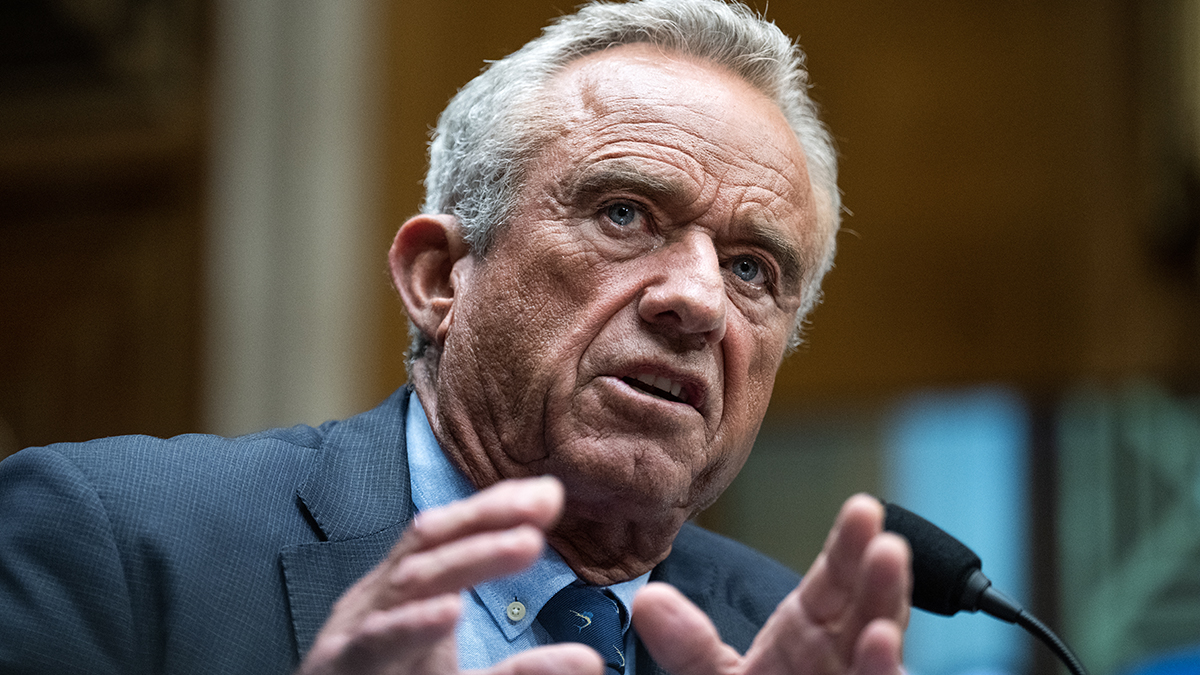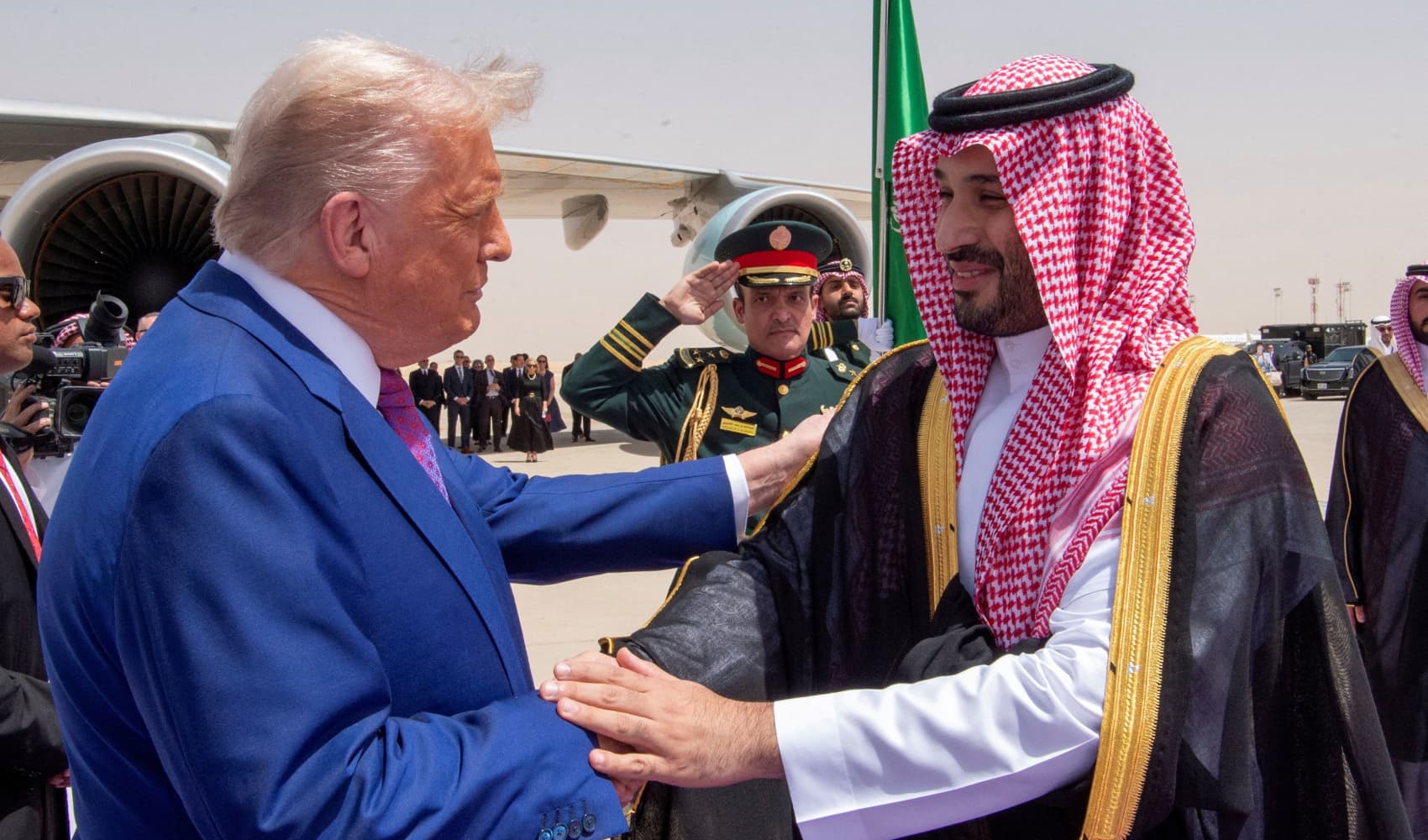U.S. Oil Plunges: OPEC+ Surge Triggers 2021 Lows
Crude Awakening: US Oil Plummets to 2021 Lows After OPEC+ Production Surge
Introduction: The Barrel's Bottom?
Hold on to your hats, folks, because the oil market is taking a wild ride! U.S. crude oil prices have just hit their lowest level since February 2021, and the culprit? A surprise surge in oil production agreed upon by OPEC+ (Organization of the Petroleum Exporting Countries and its allies). But is this a blip or the beginning of a longer-term trend? Let's dive in and unravel this complex situation.
OPEC+ Ups the Ante: Production Boost Explained
The 411,000 Barrel Bonanza
OPEC+, led by Saudi Arabia, has decided to crank up the oil taps. They're increasing production by a whopping 411,000 barrels per day in June. This move follows a similar increase in May, signaling a shift in strategy for the oil-producing giants. But why now? What’s driving this decision?
A Strategic Shift or a Risky Gamble?
Some analysts believe this is a strategic move to capitalize on current high demand. Others see it as a risky gamble that could flood the market and further depress prices. It’s a bit like playing poker – OPEC+ is betting that demand will remain strong enough to absorb the extra supply. Will their bluff be called?
The Price Plunge: A 20% Drop This Year Alone
OPEC+'s decision has clearly had an immediate impact. U.S. crude futures fell about 2% on Monday, closing at a staggering $57.13 a barrel. Global benchmark Brent crude also took a hit, settling at $60.23 per barrel. This isn't just a minor dip; oil prices have plummeted by roughly 20% this year, which might leave you wondering, how will this impact the consumer at the pump?
The April Avalanche: Biggest Monthly Loss Since 2021
April was a brutal month for oil traders. Oil prices posted their biggest monthly loss since 2021. This decline wasn't just a momentary hiccup; it was a significant correction reflecting growing concerns about the global economy and future demand.
Trump's Tariffs: A Recession Red Flag?
Tariffs and Trade Tensions
Former President Trump's trade policies, specifically tariffs, continue to ripple through the global economy. These tariffs have raised fears of a recession. Think of it like this: tariffs act as a tax on imported goods, making them more expensive. This can lead to decreased consumer spending and slower economic growth.
Slowing Demand: The Economic Drag
A potential recession, driven by trade tensions, could significantly slow down the global economy. When the economy slows, demand for oil decreases. Fewer factories churning out goods mean less energy consumption. Fewer people commuting mean less gasoline consumption. It's a simple equation: less economic activity equals less demand for oil.
The Demand Dilemma: Will Consumption Keep Up?
The fundamental question is: can global demand keep pace with the increasing supply? If not, we could see further price declines. It's like trying to fill a bathtub with the tap running faster than the drain can handle – eventually, it will overflow.
Saudi Arabia's Strategy: Playing the Long Game?
Saudi Arabia, the de facto leader of OPEC, seems to be playing a long game. They might be willing to accept lower prices in the short term to maintain market share and discourage investment in alternative energy sources. This could be a strategic move to ensure their dominance in the oil market for years to come.
Geopolitical Instability: A Constant Wild Card
Geopolitical events can throw a wrench into even the best-laid plans. Conflicts, political unrest, and sanctions can all disrupt oil production and supply chains, sending prices soaring. It's like a game of Jenga – one wrong move and the whole structure could collapse.
Alternative Energy: The Growing Threat
The rise of alternative energy sources, like solar and wind power, poses a long-term threat to the oil industry. As these technologies become more affordable and efficient, they will gradually reduce our reliance on fossil fuels. Oil companies are keenly aware of this trend and are investing in renewable energy projects to diversify their portfolios.
The Consumer's Perspective: Lower Prices at the Pump?
Will Lower Oil Prices Translate to Savings?
The big question on everyone's mind is: will lower oil prices translate to lower prices at the pump? The answer is usually "yes," but it's not always immediate or proportional. Factors like refining costs, transportation fees, and local taxes can all influence gasoline prices. So, while we might see some relief, don't expect a dramatic drop overnight.
The Impact on Travel and Transportation
Lower oil prices can have a significant impact on travel and transportation. Airlines and trucking companies, for example, rely heavily on fuel. Lower fuel costs can translate to lower fares and shipping rates, benefiting both businesses and consumers.
The Investor's Angle: Opportunities and Risks
For investors, the current oil market presents both opportunities and risks. Some might see the price decline as a buying opportunity, betting that prices will eventually rebound. Others might be more cautious, concerned about the long-term impact of oversupply and slowing demand. It's important to do your research and understand your risk tolerance before making any investment decisions.
The Future of Oil: Predicting the Unpredictable
Predicting the future of oil prices is a notoriously difficult task. Many variables are at play, from geopolitical events to technological innovations. However, one thing is clear: the oil market is constantly evolving, and we can expect to see more volatility in the years to come. The key is to stay informed and adapt to the changing landscape.
Conclusion: Navigating the Oil Market's Tides
So, there you have it. U.S. crude oil prices are at their lowest level since 2021 due to OPEC+'s decision to increase production. Concerns about a potential recession, driven by trade tensions, are also weighing on the market. While lower oil prices could provide some relief at the pump, the long-term outlook remains uncertain. Keep an eye on geopolitical events, the growth of alternative energy, and OPEC+'s future decisions. The oil market is like a rollercoaster – buckle up and enjoy the ride!
Frequently Asked Questions
Here are some common questions about the recent drop in U.S. crude oil prices:
- Why did OPEC+ decide to increase oil production despite concerns about a potential recession?
- How long will it take for lower crude oil prices to translate into lower gasoline prices at the pump?
- What impact will the rise of alternative energy sources have on the oil market in the long term?
- What should investors do in light of the current oil market volatility?
- Are there any potential upsides to the current situation for consumers?
There are varied factors at play. One possibility is that Saudi Arabia is aiming to maintain its global market share, understanding that electric vehicles are becoming more mainstream.
It's difficult to say with certainty. The average delay is usually two to four weeks, but this timeline is subject to market conditions and regional distribution efficiencies.
Alternative energy sources pose a substantial threat. As their efficiency improves and costs decrease, oil's value will inevitably be challenged. The transition to greener solutions signifies a considerable change in the energy sector.
Investors should diversify their portfolios and conduct thorough risk assessments. Stay informed about industry trends and consult with a financial advisor before making significant investment decisions.
Potentially, lower fuel costs for cars could have a trickle-down effect on a number of consumer segments, such as airline flights, cruises, and ground shipping rates.
